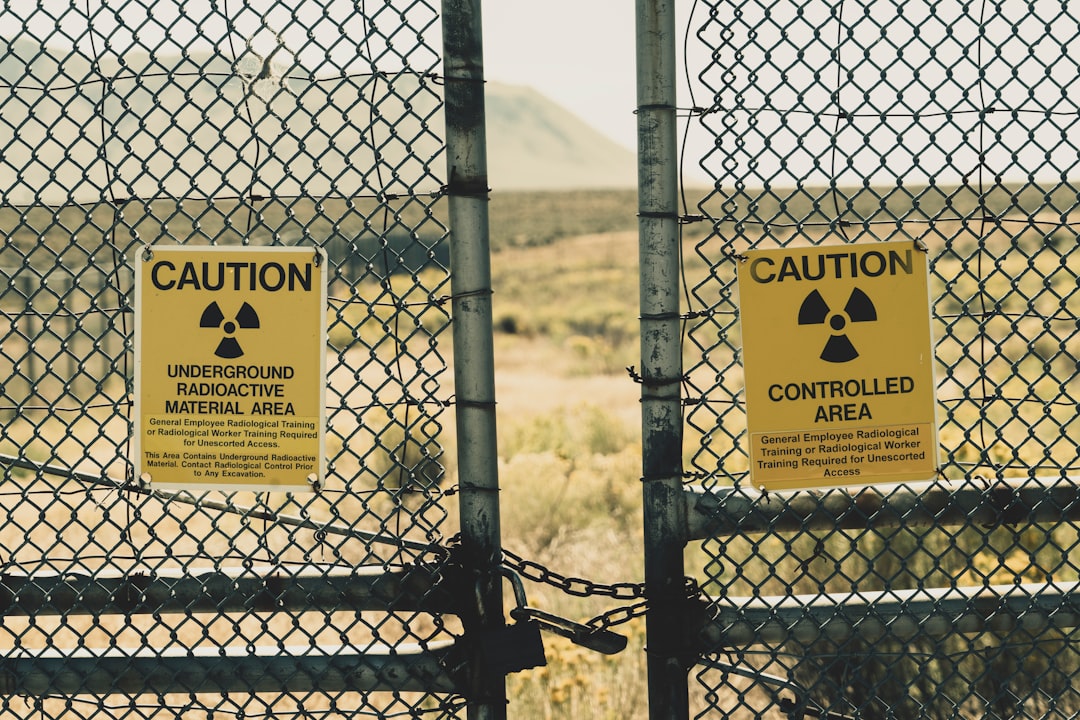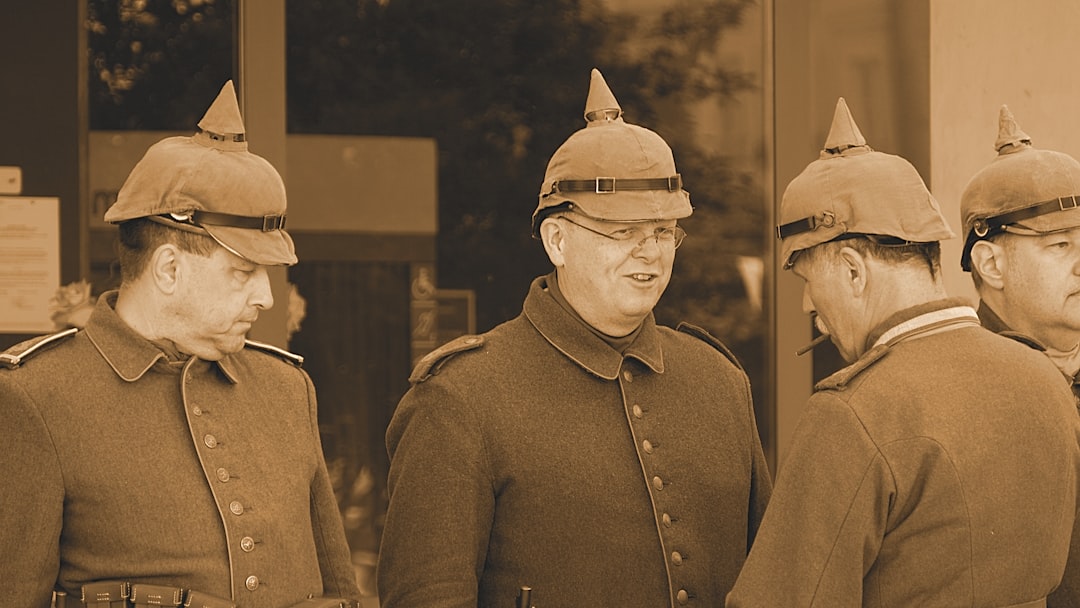What is it about?
When Edith Cavell was executed by the Germans in 1915 she was a relatively unknown nurse working in Belgium. Her death, however, propelled her into the limelight in which she became a martyr, an example of German First World War beastliness and propaganda tool used to encourage enlistment and stiffen resolve on the Home Front. This paper traces her rise from anonymity to national and international consciousness by studying reports in three British national newspapers from 1915 to 1920.
Featured Image

Photo by British Library on Unsplash
Why is it important?
The First World War was arguably the first conflict in which propaganda played a vital part and much of the Allied effort went towards portraying the Germans as brutal and uncivilised. Cavell provided a figure who personalised that viciousness. She became everybody's mother, sister or daughter who paid the ultimate price for attempting to care for others. It is a lasting legacy. Her statue stands close to Trafalgar Square, hospitals and streets have been named after her and books and films of her life have been made. Her progress into the role of national heroine would not have happened without newspapers and this paper fills a gap in the literature in that it focuses on the press's role in creating that idealised image.
Perspectives
The First World War was arguably the first conflict in which propaganda was a vital element in sustaining the will to fight and much of the focus was on the alleged brutality of German troops. The fate of "plucky little Belgium" had limited impetus and the death of Cavell personalised this viciousness and provided a figure worth fighting for. Her idealised image became everybody's mother, sister and daughter
Dr Guy Hodgson
Liverpool John Moores University
Read the Original
This page is a summary of: Nurse, martyr, propaganda tool: The reporting of Edith Cavell in British newspapers 1915–1920, Media War & Conflict, December 2016, SAGE Publications,
DOI: 10.1177/1750635216676852.
You can read the full text:
Contributors
The following have contributed to this page










